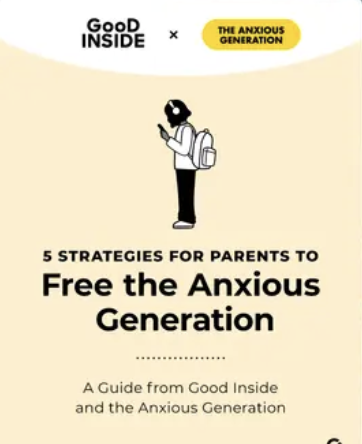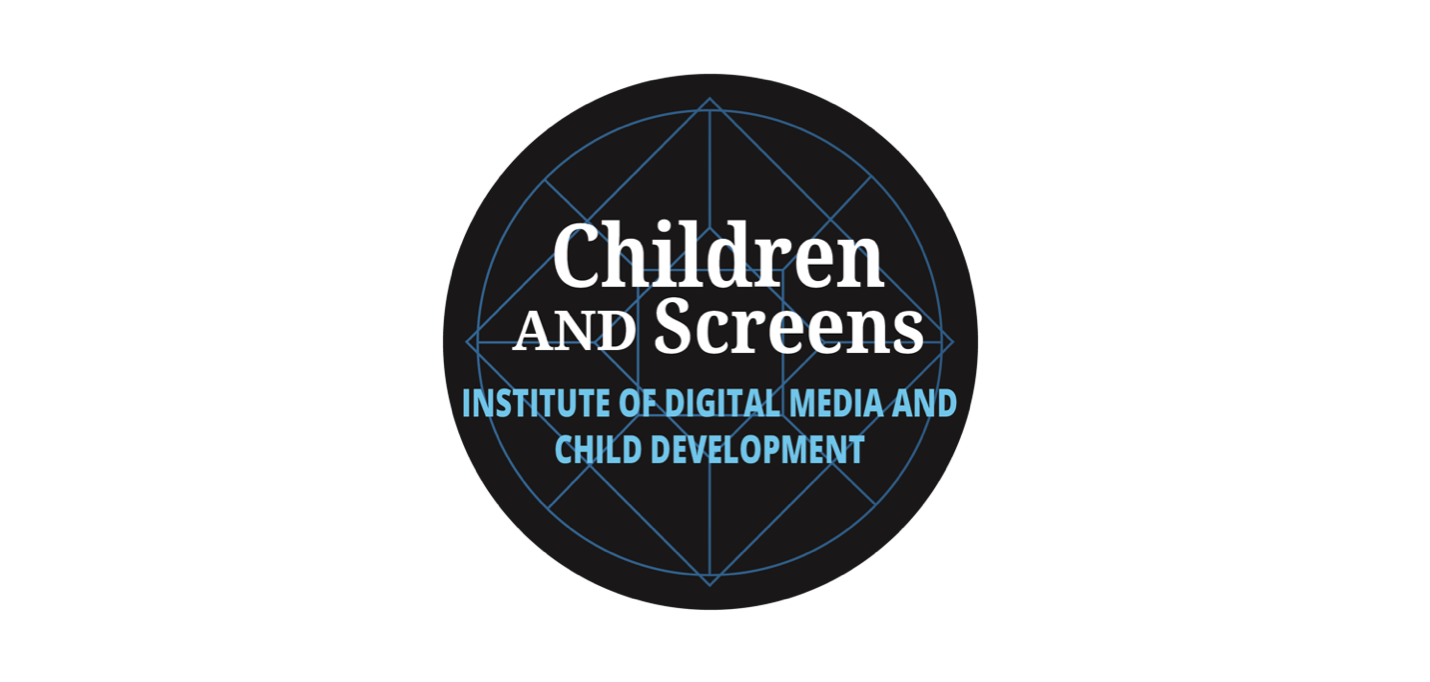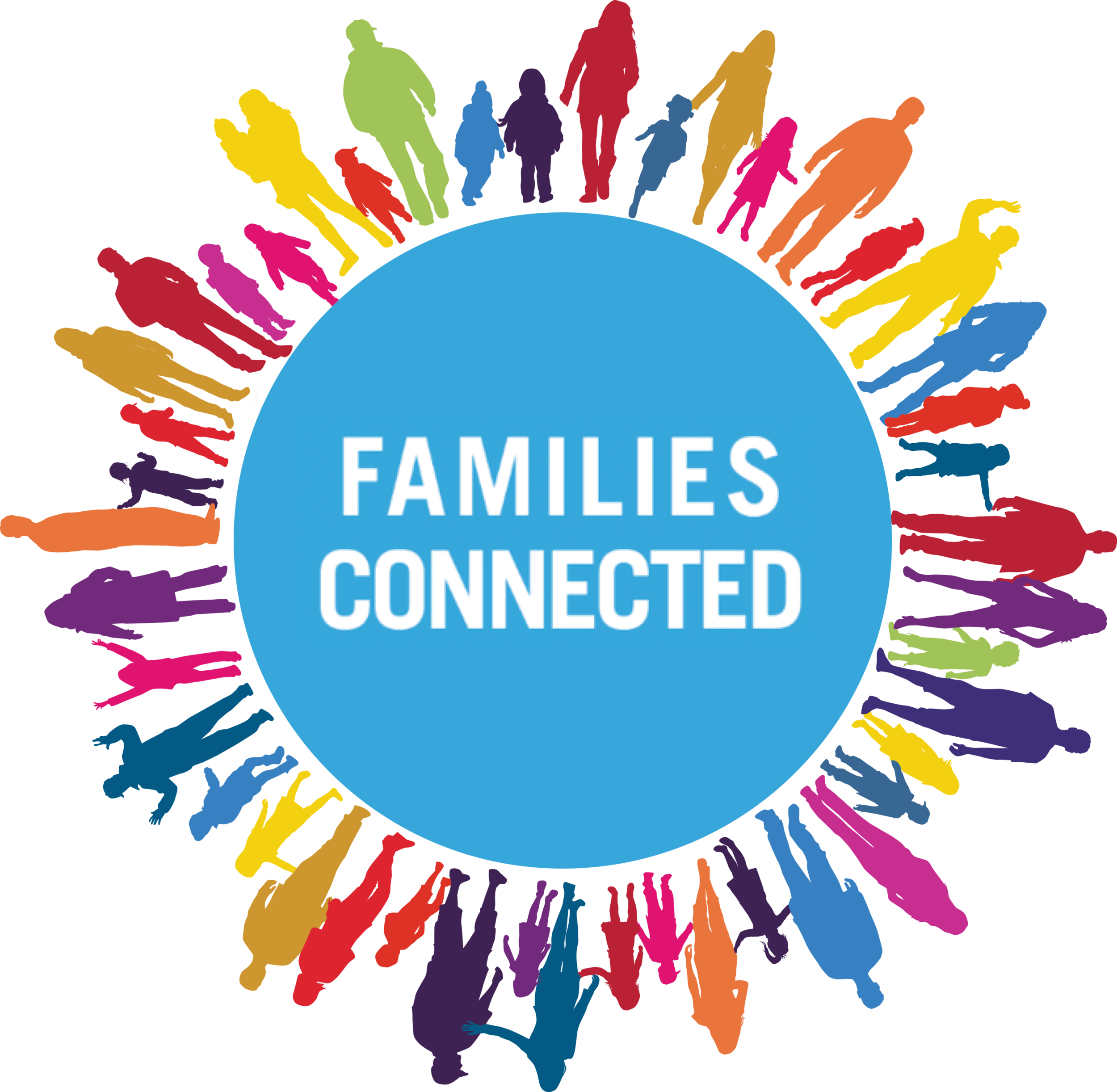Healthy device management and good digital citizenship are critical to our children’s mental health and wellness. The following SBFC and curated national resources on this page can help you limit access in age-appropriate ways, initiate open conversations about AI, digital safety and healthy tech use, and support your child’s mental health as they navigate the digital world. For instructions to view this website in Spanish, click on en Español.
Families Connected Resources
Trending issue: Navigating AI - 8 key strategies
5) Create guidelines together
6) Discuss safety and privacy
7) Make AI a family learning opportunity
8) Focus on building digital confidence, not fear
1) Start with open conversations
2) Teach how to fact check
3) Encourage AI as a tool, not a replacement
4) Model healthy use yourself
Parenting tips and tools for device management
click on image to enlarge
1) Create device-free spaces for family time: prohibit devices during mealtime and restrict use of devices in the car. Scroll down for related helpful resources from the Family Dinner Project and Common Sense Media.
2) Ensure that devices don’t interfere with sleep: try to disengage from technology at least 30 minutes before bed, create a central docking station for family devices, and don’t use phones as alarm clocks.
3) Determine appropriate digital limits and rules of conduct as a family. Scroll down for digital device contracts, family agreements, insight regarding monitoring and how to discuss digital citizenship and decision-making with our kids.
4) Model and practice good digital boundaries and self regulation.
5) Be curious: express interest and create a dialogue — your children are often doing something productive and would value your genuine interest and support. (Source: Challenge Success)
Featured SBFC blogs and video
View our Tech Time video for parenting tips from Leah Niehaus, LCSW.
Smart Phones and Social Media Access: What to Know Before the Genie is Out of the Bottle by the SBFC Parent Advisors
Teens, Technology, and Social Media: Is it Time to Examine My Own Habits? by Kim Digilio
Some Thoughts on Cyberbullying, by Joan Stein Jenkins, Esq.
On the Minds of Parents: Teens, Technology, and Social Media, a synopsis of, and links to national articles
Bridging the Gap: Parenting & Technology by Randy Jo Hillier, LMFT (Part I of III)
Curated Gallery of Resources
Clicking on the logos, images, and links below will take you out of the Families Connected website and to the online resource indicated. Families Connected Is not affiliated with these organizations, nor have these organizations paid to have their resources shared here.
Featured Resource
Dr. Jon Haidt, author of The Anxious Generation, and Dr. Becky Kennedy, founder of Good Inside, have produced this practical, empowering guide for parents. It contains five simple, actionable strategies for how to set boundaries with your kids (regardless of their age), resist their demands for smartphones and social media, and help them develop confidence, independence, and resilience. Click on the image to access an online form where you can request the free guide.
We also recommend visiting the Anxious Generation’s Resource Library.
National Articles
Here are 4 ways parents can help their teens be smart with screen time (NPR)
Social Media is a Major Cause of the Mental Health Epidemic In Teen Girls. Here’s the Evidence, by Jon Haidt (After Babel)
Teens Say Social Media is Stressing Them Out. Here’s How to Help Them (National Public Radio)
How to Help Teens Manage the Effects of Social Media on the Their Mental Health (Common Sense Media)
How Using Social Media Affects Teenagers (Child Mind Institute)
Social Media and Self-Doubt (Child Mind Institute)
Resources to support optimal mental health and safety for youth
Better Screen Time’s self-evaluation will help you determine if your teen is ready for a personal device.
ScreenStrong empowers families to reclaim their kids from toxic screens. We recommend visiting their How Screens and Electronics Impact Kids’ Brains page and read their informative blogs.
Screen Sanity helps families and communities pursue digital health in order to reduce loneliness, depression, anxiety and suicide in a socially isolated society. Check out their free, downloadable parent guides and Parent Guide: Digital Drivers Ed.
The Center for Humane Technology, a coalition of early social media creators trying to reverse the digital attention crisis offers specific tips on how to minimize the unhealthy impact of our devices and digital engagement.
Consider decreasing the pressure felt by kids and parents alike over kids having a smartphone. Read their reasons to wait.
Common Sense Media is dedicated to helping kids thrive in a world of media and technology. If you have questions on how to take control of the technology in your kids' lives.
Challenge Success offers parents outstanding digital media tips, resources and guides for a balanced approach to digital media.
Digital Detox® is an internationally-recognized company focused on helping people be more present and improve the balance with technology use in their lives. They aim to inspire, educate, and empower individuals to create more mindful, meaningful, well-rounded lives both online and off.
Learn about everything from TikTok to Snapchat on their Learning Hubs and take a FREE Digital Citizenship Course for Parents or Educators.
The Children and Screens Institute of Digital Media and Child Development’s vision is to understand and address compelling questions regarding media’s impact on child development.
What to know about popular apps and games
click on image to enlarge
Kids are lobbying to be able to interact with their friends on SnapChat, Instagram, and TikTok. They feel left out if other kids are allowed to have access to social media and they’re not. But there’s potential for serious harm if kids aren’t mature enough to make good decisions about what to share and who to share it with.The accompanying graphic may help you recognize some of the icons.
Parent guides from Common Sense Media:
Parents’ Guide to Google Search (Connect Safely)
Parents' Ultimate Guide to Parental Controls (Common Sense Media)
How to Block Pornography on Your Child’s Device (Common Sense Media)
Monitoring vs Independence: Finding the Balance (Parent and Teen)
Screen Time Contracts.(Screenagers)
Cellphones and Devices: A Guide for Parents and Caregivers (Common Sense Media)
When It Comes to Screens, Kids Need a Guide, Not a Disciplinarian (KQED/MindShift)
Promote healthy online behavior
Safety Tips and Advice (Connect Safely)
What Should I Teach My Kid About Safe Online Behavior (Common Sense Media)
Help Kids Navigate Viral Social Media Stunts (Common Sense Media)
Help Teens Avoid Mistakes on Social Media (Center for Parent and Teen Communication)
11 Social Media Red Flags Parents Should Know About (Common Sense Media)
How To Resist The Vortex Of Click Bait (Screenagers)
How to Talk to Teenagers About Porn (Child Mind Institute)
Kids & Tech: Tips for Parents in the Digital Age (American Academy of Pediatrics)
Guide to Media Literacy and False Information (Connect Safely)
Parents’ Guide to Teen Sextortian Scams (Connect Safely)
Develop healthy device management habits
How to Set Limits on Screen Time (Child Mind Institute)
When Should You Come Between a Teenager and Her Phone? (Child Mind Institute)
Healthy Limits on Video Games (Child Mind Institute)
How Technology can be Part of a Healthy Life (Greater Good Science Center)
How to Help Kids Manage Sleep, Schoolwork and Screens (KQED/MindShift)
Five Tips for Helping Teens Manage Technology (Greater Good Science Center)
Which of These 8 Hacks Decrease Screen Time? Take The Hack Challenge (Screenagers)
At Your Wits' End With A Screen-Obsessed Kid? (KQED/MindShift)
Is Internet Addiction Real? (Child Mind Institute)




















